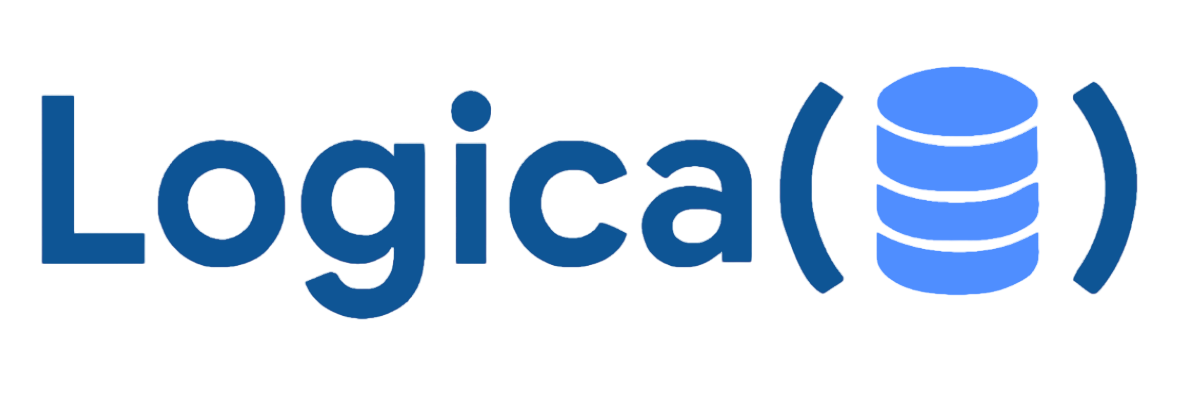Value types
Basic types
Logica operates on numbers, strings, booleans and composite data types.
Numbers: 1, 5, 10, 42, 3.1415, …
Strings: "Hello World", "Ekaterinburg", "Athens", …
Booleans: true, false
All data types are optional, that is any variable or argument may be taking a special null value, which roughly stands for stating that the value is missing. Value null occurs in aggregation which will be discussed in the Aggregation section.
Composite types
Logica has two composite types: arrays and records. A variable or argument of composite type can also be taking null value.
Arrays
Words "list" and "array" are synonyms in Logica and can used interchangably.
Array is an ordered sequence of elements of the same type.
Syntax for lists is identical to Python: [element1, element2, …]
Example 1:
Person(name: "Victoria", children: ["Edward", "Leopold"]); Person(name: "Edward", children: ["George V", "Maud"]);
Operator in makes a variable to run over elements of the list.
Example 2:
Centaur(x) :-
x in ["Chiron",
"Hylonome",
"Dictys"];is equivalent to
Centaur("Chiron");
Centaur("Hylonome");
Centaur("Dictys");Records
A record is a data type that consists of one or many named fields. Each field stores an element of some data type. Records are analogous to JSON objects, PostreSQL composite types, Google ProtoBuffers. Record syntax is similar to JavaScript object syntax: {field_name_1: value_1, field_name_2: value_2, …}
Field is addressed with usual syntax of record_name.field_name
Example 1:
Book(title: "To Kill a Mockingbird",
info: {author: "Harper Lee", publication_year: 1960});
Book(title: "1984",
info: {author: "George Orwell", publication_year: 1949});
Book(title: "The Great Gatsby",
info: {author: "F. Scott Fitzgerald", publication_year: 1925});
RecentBook(title:) :-
Book(title:, info:),
info.publication_year > 1950;